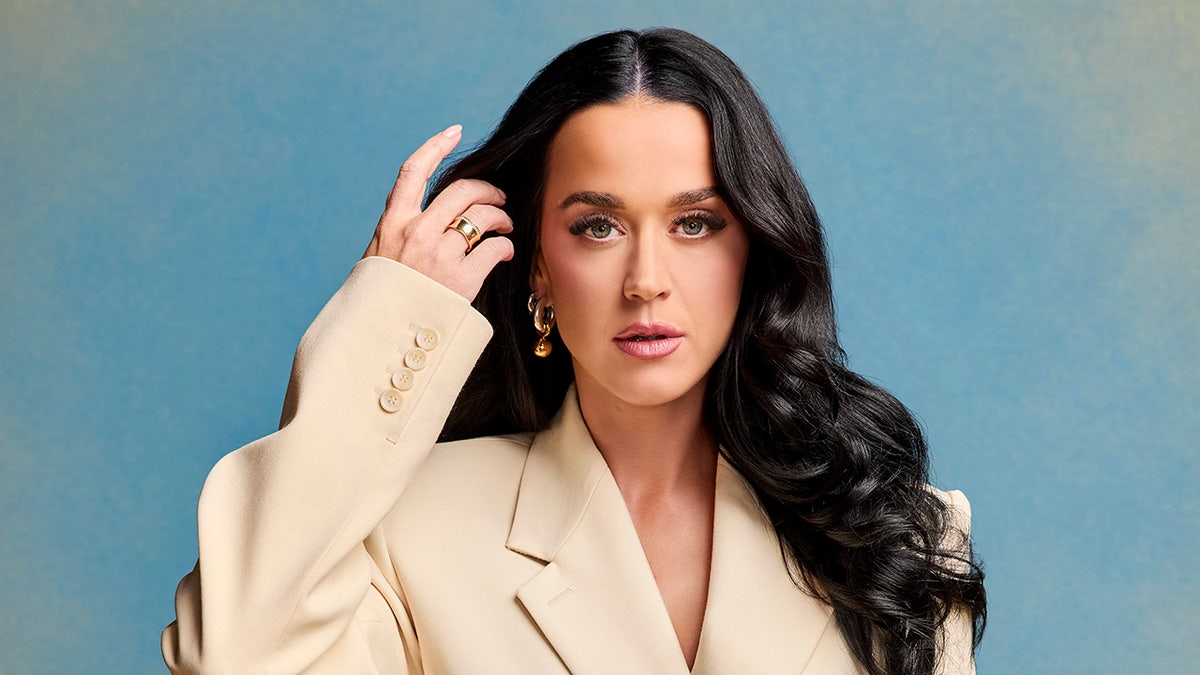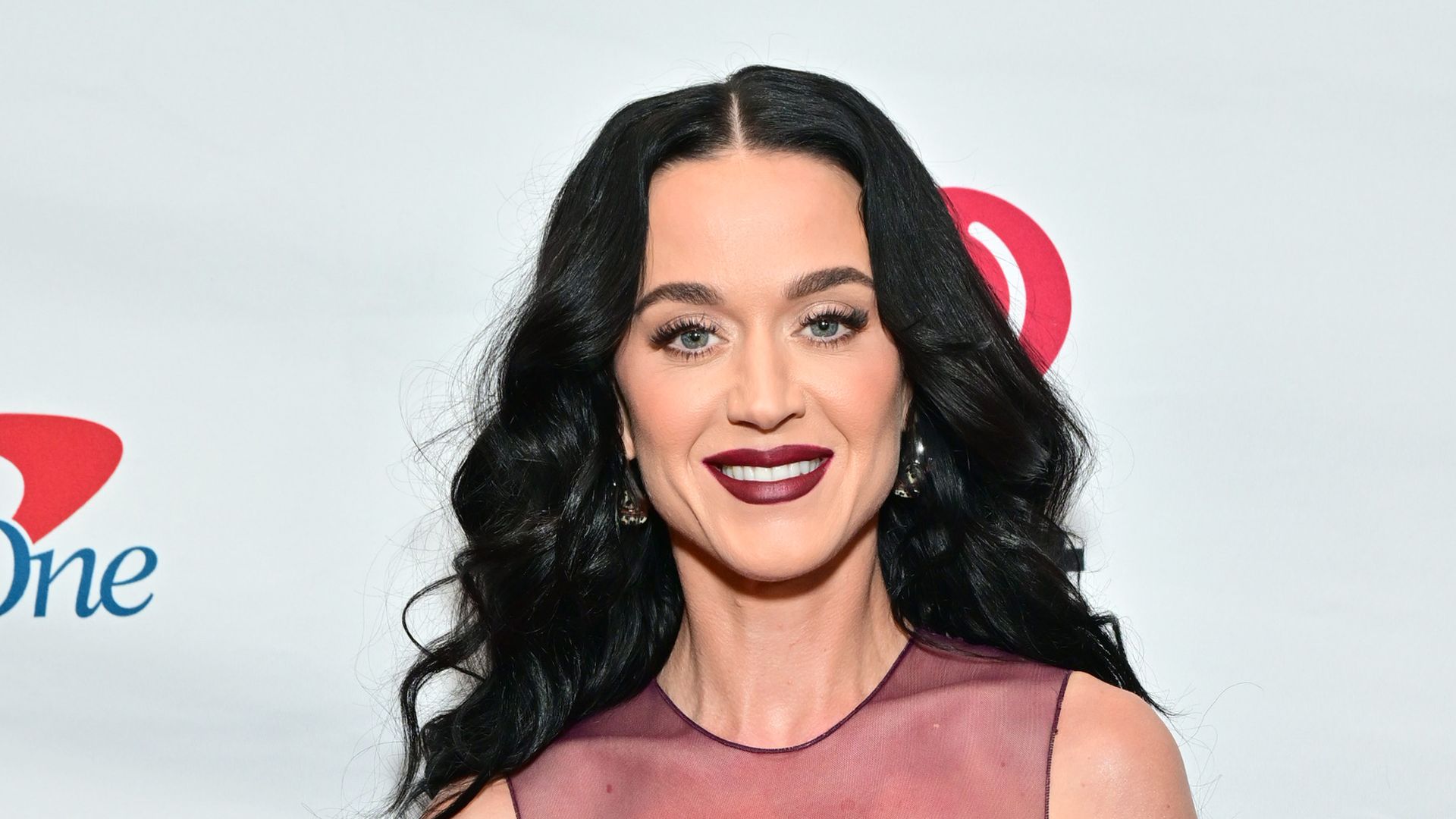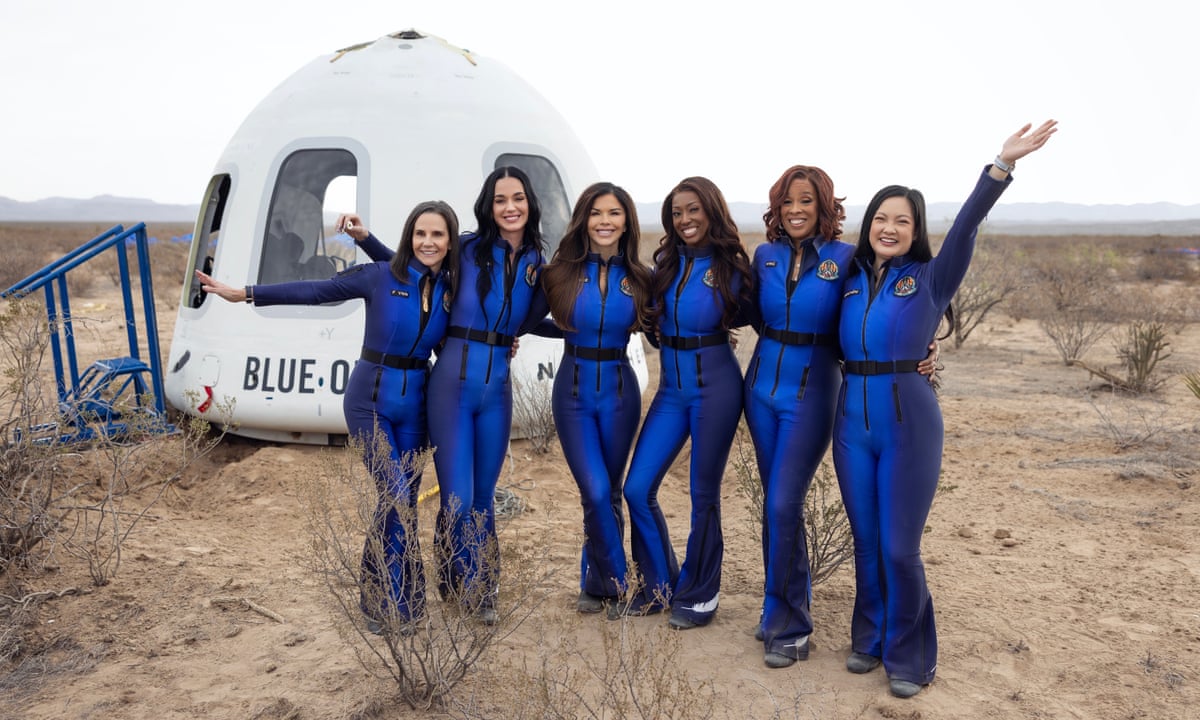
Pop superstar Katy Perry’s recent ride aboard Jeff Bezos’ Blue Origin rocket to the edge of space was intended as a spectacular milestone and a powerful symbol for women in space.
However, what was supposed to be a glamorous journey turned into a source of personal regret and widespread criticism, exposing the growing tensions around billionaire space tourism.
The New Shepard rocket flight carried Perry and a handful of ultra-wealthy passengers, offering them a few precious minutes of weightlessness and breathtaking views beyond Earth’s atmosphere.
The event was promoted as a historic achievement for female empowerment in space exploration, but many saw it as little more than a luxury joyride for the ultra-rich.
This criticism was intensified by ongoing controversies surrounding NASA, which, under the current political climate, has quietly removed references to diversity and women’s leadership from its official narratives.
Perry, however, made no public statements acknowledging this troubling backdrop during or after her space trip.
The singer boldly claimed her flight was "for the benefit of Earth," a phrase that many interpreted as tone-deaf given the extravagance of the venture.
Critics argued that the trip was a vanity project, serving the interests of a privileged few rather than advancing humanity’s scientific or environmental goals.
Environmental scientists pointed out that although Blue Origin’s rocket mainly emits water vapor, these emissions can still have a harmful impact on the stratosphere and contribute to ozone layer depletion.

Such environmental concerns have been largely overlooked in the hype around commercial space tourism. Despite the spectacle, insiders close to Perry reveal that she now regrets how the public spectacle unfolded.
While she doesn’t regret the experience of going to space itself, she wishes the extensive video footage and publicity had been kept private, fearing it overshadowed the personal significance of the journey.
A symbolic moment during the flight involved Perry bringing a daisy flower to space as a tribute to her four-year-old daughter, but even this heartfelt gesture was met with public skepticism and ridicule, highlighting how the trip was viewed by many as more about showmanship than substance.
Public figures from across the entertainment industry voiced strong opinions. Actress Olivia Wilde questioned the purpose of private space flights, asking what concrete benefits such trips have for people on Earth. Her remarks echoed a growing sentiment that such voyages lack meaningful contributions to society.
Model Emily Ratajkowski described Perry’s flight as "beyond parody," expressing disgust at the extravagance and perceived frivolity of the stunt. This kind of scathing criticism underscores a widening divide between public expectations and celebrity behavior.
Social media played a significant role in amplifying the backlash. The official Twitter account of Wendy’s, a popular fast-food chain, made a viral joke about “sending Katy back to space,” a humorous but pointed critique reflecting widespread public frustration.
However, the joke sparked controversy itself, with many deeming the fast-food brand’s comments disrespectful and inappropriate. People magazine quoted a source close to the situation demanding that Wendy’s issue a formal apology and demonstrate better sensitivity moving forward.

The drama surrounding Perry’s flight was further complicated by her long-standing feud with fellow pop star Kesha Sebert. Kesha, who has publicly accused Perry’s producer Dr. Luke of abuse, took a subtle jab by posting a photo of herself with a Wendy’s cup, a move seen as mocking Perry amid the ongoing media storm.
This rivalry adds another layer to the intense scrutiny Perry faces, intertwining personal conflicts with public opinion about her space adventure and overall image. The legal battles and accusations involving Dr. Luke have kept Perry in the media spotlight for years, complicating perceptions of her actions.
In response to the fallout, Perry has reportedly been working behind the scenes to mitigate the damage to her reputation. Sources close to her suggest she wants the public to understand that the flight was a deeply personal, transformative experience, rather than just a publicity stunt.
Meanwhile, Blue Origin and the broader commercial space tourism industry continue to expand, despite increasing environmental and ethical questions. Critics argue that these billionaire-led space trips highlight social inequality and divert attention from urgent planetary issues.
The increasing prevalence of private spaceflight ventures is igniting debate about the role of wealth and privilege in humanity’s next frontier. Perry’s trip has become a flashpoint in this conversation, symbolizing the tension between exclusivity and exploration.
Her experience underscores the risks celebrities face when blending high-profile personal achievements with emerging technologies. The fine line between inspiration and spectacle is easily crossed, especially in the era of instant social media judgment.
Looking forward, Perry’s story may serve as a cautionary tale for other public figures considering similar ventures. The public expects accountability and authenticity, and missteps can quickly erode public goodwill.

The intersection of celebrity culture, cutting-edge technology, and public relations is complex. Perry’s Blue Origin flight highlights how quickly public perception can shift and how essential it is to manage such events thoughtfully.
As Perry navigates the fallout, the broader industry is watching closely. The success or failure of celebrity space tourism in the court of public opinion may influence future projects and the reputation of commercial space companies.
The flight that was meant to celebrate progress and empowerment instead revealed deeper societal questions about access, privilege, and responsibility in the age of commercial space travel.
Perry’s regret brings into focus the unpredictable nature of celebrity actions and their magnified impact in today’s digital world, where every moment is subject to widespread analysis and critique.
Space travel is no longer limited to government astronauts; private citizens now venture beyond Earth’s atmosphere, raising important questions about the future direction of space exploration.
In this new era, the ethical and environmental implications of space tourism are critical. The responsibility to balance innovation with sustainability is paramount.
Perry’s personal transformation through the experience does not diminish the need for careful public messaging and sensitivity to broader social issues. Her journey offers a lens into the challenges of maintaining a positive public image while engaging in groundbreaking, but controversial, ventures.
Ultimately, the story of Katy Perry’s Blue Origin flight is a reflection of the growing pains in the commercialization of space and the cultural shifts it brings. The controversy serves as a reminder that with great visibility comes great scrutiny, and the actions of celebrities in this new domain will continue to spark debate.

The evolving narrative around space tourism will shape public understanding and acceptance of humanity’s expanding presence beyond Earth. Katy Perry’s experience is a chapter in this ongoing story, illustrating the challenges and complexities of fame, technology, and social responsibility.
As commercial space travel advances, society must grapple with questions about who benefits and how progress can be made inclusive and responsible. While Perry’s flight may not have gone as smoothly as planned, it has ignited important conversations about the future of space exploration and the role of celebrities in shaping that future.
This moment marks a pivotal point in how the public perceives the intersection of celebrity culture, technological innovation, and environmental stewardship. The Blue Origin journey is just one example of how the dreams of space travel are colliding with the realities of social accountability.
Going forward, the industry and its participants will need to learn from these experiences to build a sustainable and respected path into the stars. Katy Perry’s story is far from over, and how she responds to this challenge could redefine her legacy in the years to come.
-1744008216-q80.webp)

-1747821811-q80.webp)
-1742284829-q80.webp)